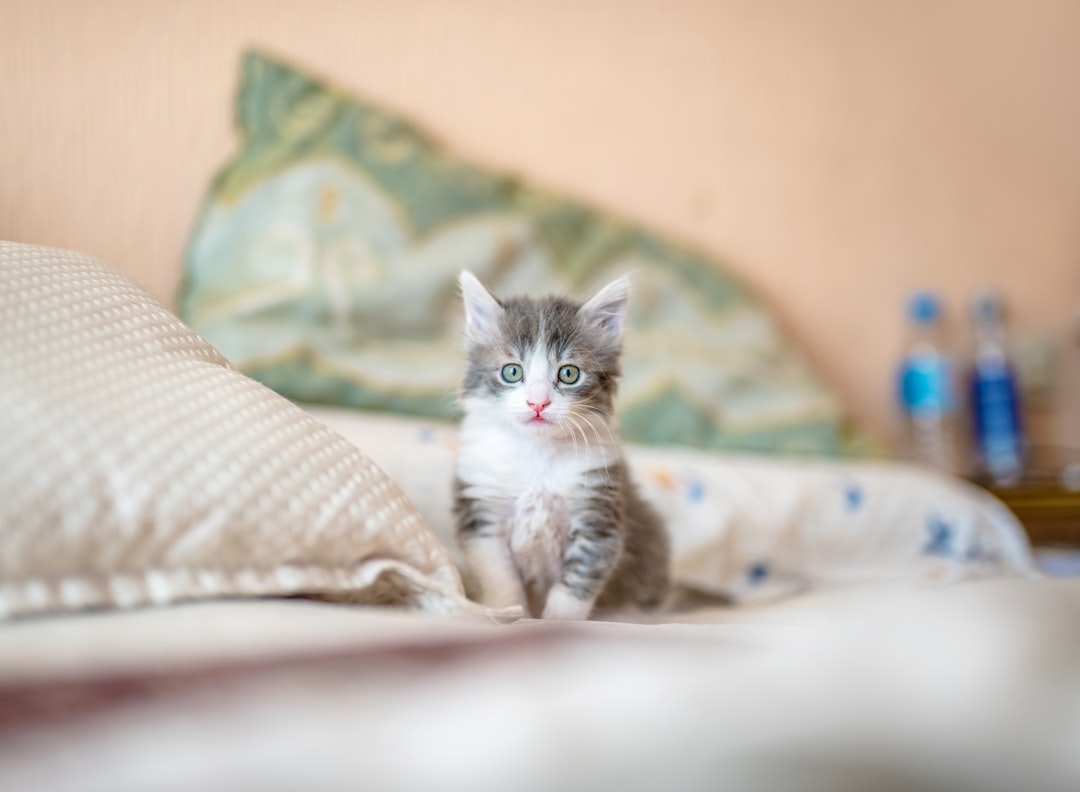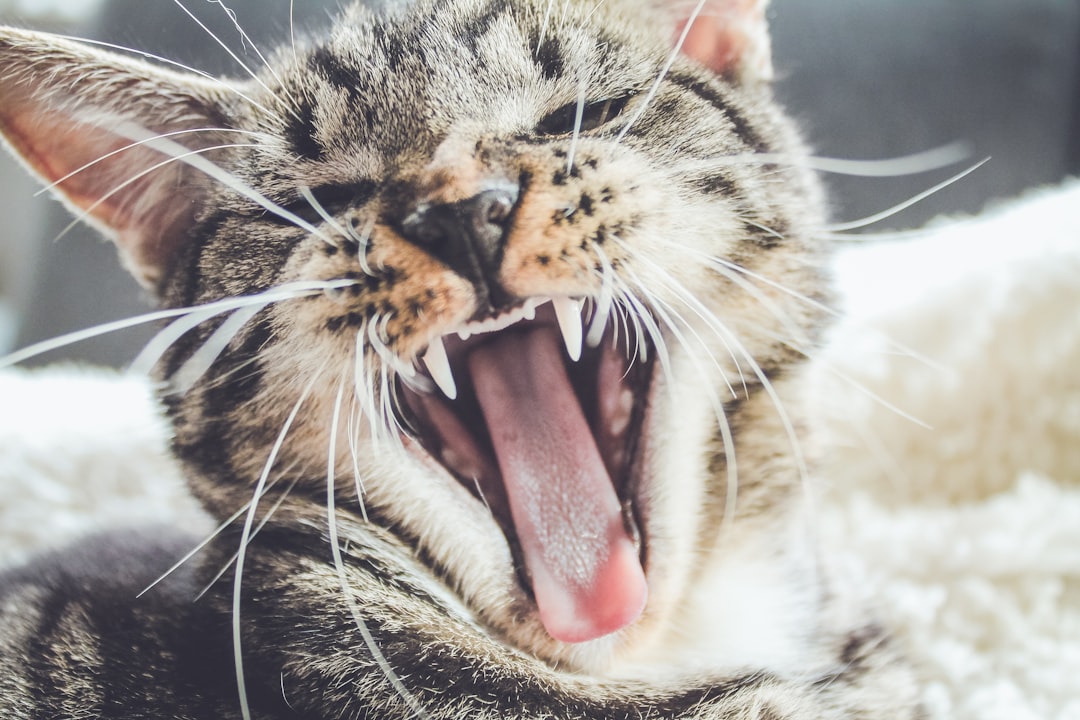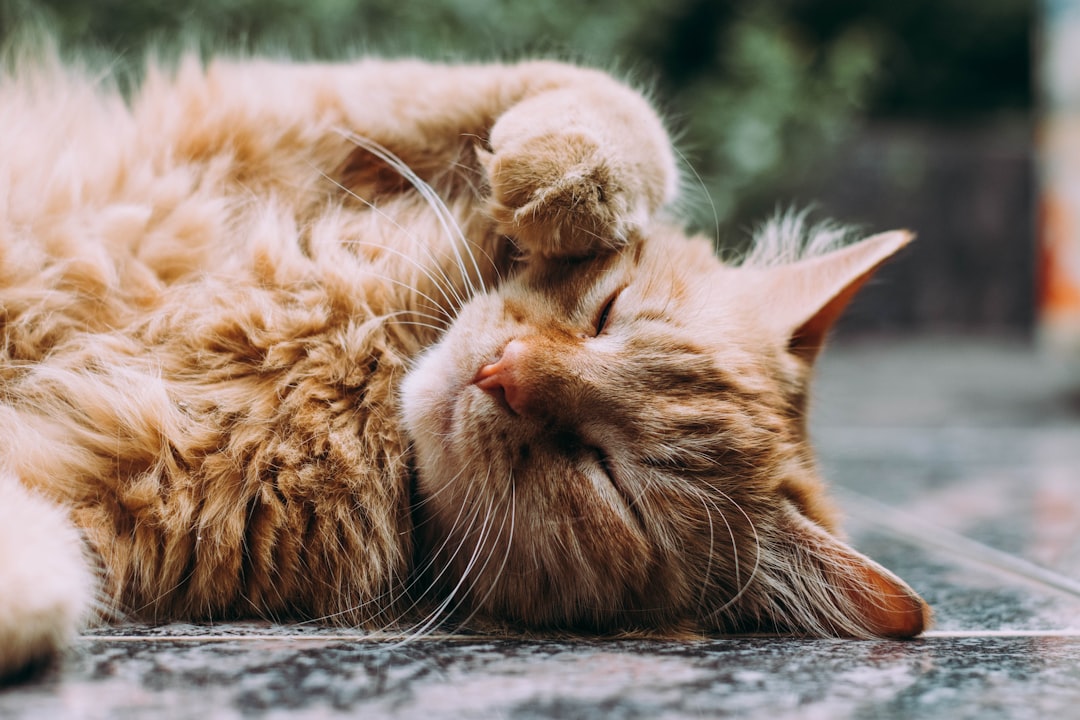Cat coughing can be a concerning issue for pet owners, as it often indicates underlying health problems. Various factors, from allergies to respiratory infections, can lead to this condition. Therefore, observing your feline friend for accompanying symptoms is crucial. Additionally, knowing when to seek veterinary advice ensures timely intervention. By understanding the potential causes and available solutions, you can take proactive steps to help your cat. In this post, we’ll explore the common causes and treatments for cat coughing, guiding you through the essential care your pet may need.
Common Causes of Coughing in Cats
Cat coughing can stem from various underlying issues. Understanding these causes helps you respond effectively. Here are some common reasons why your feline friend might be coughing:
- Respiratory Infections: Similar to humans, cats can suffer from viral or bacterial infections that irritate their airways.
- Allergies: Environmental allergens, such as pollen or dust, can trigger coughing in sensitive cats.
- Asthma: This chronic condition can lead to coughing, wheezing, and difficulty breathing, especially in younger cats.
- Foreign Bodies: Sometimes, cats try to swallow small objects, which can become lodged in their throat, causing a cough.
- Parasites: Heartworms and other parasites can affect a cat’s lungs, leading to coughing symptoms.
- Lung Tumors: While less common, tumors can disrupt normal lung function and result in coughing.
By recognizing these potential causes of cat coughing, you can better monitor your pet’s health and seek veterinary care if necessary. Always take note of the severity and frequency of the coughing to provide accurate information to your veterinarian.

Symptoms to Watch For
When dealing with cat coughing, it’s crucial to observe specific symptoms that may accompany the cough. Identifying these signs helps you determine the severity of the issue and whether veterinary attention is needed. Here are some key symptoms to monitor:
- Persistent Coughing: If your cat coughs repeatedly within a short period.
- Labored Breathing: Watch for difficulty in breathing or wheezing sounds.
- Gagging or Retching: Coughing accompanied by gagging could indicate a more serious problem.
- Loss of Appetite: A decrease in food intake may signal distress.
- Lethargy: Excessive tiredness can be a symptom of underlying health issues.
- Nasal Discharge: Keep an eye out for sneezing or discharge from the nose.
By keeping track of these symptoms, you can provide your veterinarian with crucial information about your cat’s condition. Remember, cat coughing can result from various factors, so timely action may make all the difference in your furry friend’s health!
When to Consult a Veterinarian
If you notice cat coughing, it’s important to pay attention to other symptoms and the duration of the cough. Here are some key indicators that warrant a visit to the veterinarian:
- Persistent Coughing: If your cat coughs continuously for more than a day, don’t delay in seeking professional help.
- Difficulty Breathing: Signs of labored or rapid breathing require immediate attention.
- Loss of Appetite: If your cat seems uninterested in food, it could indicate an underlying health issue.
- Lethargy: Unusual fatigue or weakness, especially alongside coughing, signals a need for veterinary evaluation.
- Excessive Salivation or Vomiting: These symptoms can accompany cat coughing and might suggest serious problems.
When it comes to cat coughing, early intervention can make a significant difference in your cat’s health. Keep track of any accompanying symptoms and prepare to share this information with your vet. Remember, your cat relies on you; don’t hesitate to consult a professional if you’re concerned.
Diagnostic Tests for Coughing in Cats
When addressing cat coughing, understanding the underlying cause is crucial. Veterinarians have several diagnostic tests to pinpoint the issue. Here’s a summary of common tests:
Physical Examination: The vet will listen to your cat’s lungs and check for other symptoms.
X-rays: Imaging can reveal obstructions, tumors, or pneumonia.
Blood Tests: These help determine if an infection or underlying disease is present.
Ultrasound: This test provides a detailed look at the chest structures, including the heart and lungs.
Endoscopy: A small camera inserted into the airways allows the vet to view and retrieve samples from the throat and lungs.
Allergy Testing: Identifying allergies can help if environmental factors contribute to cat coughing.
Knowing which diagnostic test is appropriate can help increase the likelihood of effective treatment. Early diagnosis significantly improves your cat’s health, ensuring timely interventions for common issues related to cat coughing. Always consult your veterinarian to determine the best course of action.

Treatment Options for Coughing Cats
When it comes to cat coughing, identifying the root cause is crucial for effective treatment. Here are some options to consider:
Veterinary Medications: Depending on the diagnosis, your vet may prescribe:
- Bronchodilators: Expands air passages for easier breathing.
- Corticosteroids: Reduces inflammation in the airways.
Antibiotics: If an infection is present, antibiotics may be necessary to combat bacteria triggering the cough.
Cough Suppressants: In cases of a dry, persistent cough, these can help alleviate the symptoms and provide comfort.
Humidity Control: A humidifier can ease irritation in the respiratory tract, making breathing easier for your cat.
Dietary Adjustments: Switching to a hypoallergenic diet may help if allergies are suspected to contribute to cat coughing.
Regular Health Check-ups: Ensure your cat remains healthy and receives vaccinations to prevent respiratory diseases.
When dealing with cat coughing, prompt action and a veterinary consultation can lead to better outcomes for your furry friend. Always consult your veterinarian before starting any treatment options.
Home Remedies to Help Your Cat
If your cat is coughing, you might be looking for effective home remedies to alleviate their discomfort. While it’s crucial to consult a veterinarian if symptoms persist, here are some safe and simple home remedies you can consider:
Humidifier: Use a humidifier in the room where your cat spends the most time. This can help moisten the air, making it easier for your cat to breathe and potentially reducing coughing.
Hydration: Ensure your cat drinks plenty of water. Staying hydrated helps keep the throat moist, which may soothe the cough.
Cough Control Treats: Look for commercially available treats designed to calm coughs in cats. Ingredients like honey (in moderation) may help.
Monitor Allergens: Identify and reduce exposure to potential irritants like dust, strong scents, or smoke, which can trigger cat coughing.
Warm Compress: A warm, damp cloth on your cat’s chest can also provide comfort and may ease irritation.
Remember, while these remedies can assist with mild cases of cat coughing, always prioritize your pet’s health and consult with a veterinarian for persistent symptoms!
Preventive Measures to Keep Your Cat Healthy
Preventing cat coughing requires a proactive approach to your feline’s overall health. Here are some effective measures you can take:
- Regular Vet Check-Ups: Schedule annual or biannual visits to monitor your cat’s health and catch potential issues early.
- Vaccinations: Ensure your cat receives all necessary vaccinations to protect against respiratory infections that could lead to coughing.
- Healthy Diet: Feed your cat a balanced diet with high-quality nutrition, which supports a strong immune system.
- Reduce Allergens: Minimize exposure to dust, pollen, and tobacco smoke in your home that could trigger coughing.
- Grooming: Regularly brush your cat to reduce shedding and prevent hairballs, a common cause of cat coughing.
Additionally, consider:
| Measure | Description |
|---|---|
| Environmental Enrichment | Provide stimulating toys to reduce stress and boredom. |
| Hydration | Always have fresh water available to keep your cat hydrated. |
By implementing these preventive measures, you can help reduce the likelihood of cat coughing and ensure a healthier, happier cat.

Conclusion and Final Thoughts on Cat Coughing
In summary, cat coughing can signify various underlying issues, ranging from mild irritations to more serious health conditions. It’s essential for cat owners to remain vigilant and knowledgeable about their pet’s health. Here are some key takeaways:
- Monitor Symptoms: Stay alert to any changes in your cat’s behavior, eating habits, or overall physical condition. Early detection can lead to more effective treatment.
- Consult a Veterinarian: If you notice persistent coughing, consult a veterinarian promptly. Proper diagnosis is vital for addressing the root cause of cat coughing.
- Implement Preventive Measures: Regular vet check-ups, vaccinations, and a healthy diet can help maintain your cat’s well-being and reduce the risk of respiratory issues.
By understanding the possible causes and solutions related to cat coughing, you empower yourself to care for your feline companion better. Always prioritize your cat’s health, and don’t hesitate to seek professional advice when necessary. Your cat’s comfort and happiness should always come first!
Frequently Asked Questions
What are the common causes of coughing in cats?
Coughing in cats can be attributed to a variety of causes, including respiratory infections like feline herpesvirus or calicivirus, asthma, allergies, or the presence of foreign objects in the throat. Other potential causes may include parasites like heartworms or lungworms, as well as more serious conditions such as pneumonia or lung tumors. If your cat is coughing persistently, it is essential to consult a veterinarian to determine the underlying cause.
How can I tell if my cat’s cough is serious?
Determining the seriousness of your cat’s cough depends on several factors. If the cough is persistent, accompanied by difficulty breathing, lethargy, appetite loss, or abnormal nasal discharge, it could indicate a more serious medical condition. Additionally, if your cat is coughing up blood or has a wheezing sound when breathing, these are signs that warrant immediate veterinary attention. Regular monitoring and prompt veterinary consultation are crucial in such situations.
What should I do if my cat is coughing?
If your cat is coughing, the first step is to observe their behavior and note any additional symptoms such as lethargy, sneezing, or changes in appetite. Ensure your cat is hydrated and comfortable, and avoid exposure to potential allergens like smoke or dust. It’s crucial to schedule a visit to the veterinarian for a thorough examination, as they can provide a proper diagnosis and recommend appropriate treatment options, which may include medications or lifestyle changes.
Can coughing in cats be treated at home?
While some minor coughing issues in cats may resolve on their own, it’s essential to ascertain the underlying cause before attempting home treatment. Potential home remedies may include providing a humid environment to ease respiratory discomfort and ensuring your cat has a balanced diet. However, any persistent coughing should be evaluated by a veterinarian first. Home treatment should not replace professional advice, particularly if your cat shows severe symptoms.



